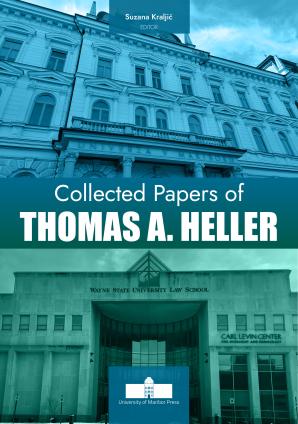English Is Difficult: Modest Proposals That Can Drastically Improve the Quality of Legal English Composition
Synopsis
Composing legal English text poses challenges for all writers, especially for non-native English speakers. Historically, legal English was comprised of difficult to understand language replete with jargon and what derisively has been called legalese. The plain English movement has attempted to rectify this, but changing the legal profession’s attitudes and long-held habits about how to effectively communicate in writing with our audiences has proven challenging. It is imperative that English legal text be written clearly, concisely, completely and correctly. These objectives can be achieved by following a number of relatively easy strategies. As with architects, composers and artists, authors of legal texts must first conceive a well thought out and organized plan. They must, above all else, consider the specific needs of their audiences. Authors should employ a simple and direct style that makes consuming their work a pleasure not a chore. This can be achieved through a number of mechanisms including using everyday language and preferring the familiar word to the obscure and complex; by preferring the short word and short sentence to the long; by preferring the active voice to the passive; by avoiding foreign phrases to the extent possible; by preferring the single word to the circumlocution; by preferring positive words over the negative; by eliminating pronominal adverbs and other vestiges of legalese; and, by mastering the proper use of English articles. Plain talk should prevail over stilted language. Both vigorous and diligent planning and editing hold the keys to drastically improving the quality of English legal writing.







